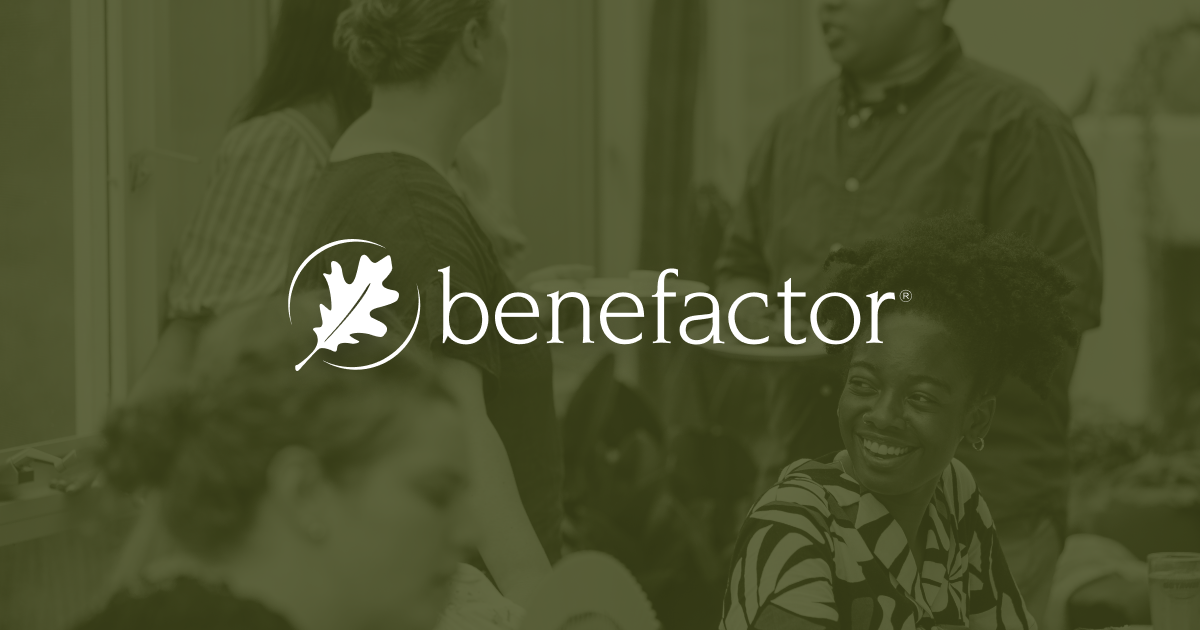Donor-Centered Development
In planned giving, perhaps more than in any other type of development effort, your focus must be on the donor rather than on the gift. Donors are the heart of your planned giving program.
To assure you stay focused on building strong relationships with donors and donors feel confident about your ethical professionalism, organizations develop written Solicitation and Donor Relations Polices. Such policies (1) communicate to staff and board members the importance of respecting and honoring both the donor’s intent and the organization’s mission and (2) describe appropriate behaviors and attitudes regarding donors and their families and advisors.
Your job is to assist the board of directors in accomplishing the following steps to establish and enforce your policies.
- Discuss and adopt appropriate policies for your organization.
- Distribute the policies and train the board, staff, and volunteers on their
implications.
- Monitor use of and compliance with the policies.
- Review and update the policies at least annually.
Below are some of the issues you and the board should consider as you formulate Solicitation and Donor Relations Policies.
Gift Solicitation
Every meeting with donors about planned gifts seeks to build a lasting relationship between your organization and the donor, regardless of whether a gift is offered. You want to walk away from conversations with prospective donors knowing they are informed about the people helped by your organization and appropriate giving options— and feel genuinely cared for and listened to.
This means getting to know donors well: their work and volunteer experiences, family and financial background, and charitable interests. You need to know them so well you can differentiate between appropriate gifts and ones that may jeopardize their future financial security.
Donor Information
Planned giving officers complete contact reports after every donor visit to capture what transpired. These reports are the organization’s permanent records of donor relationships, charitable gifts, family histories, and follow-up steps that will enable meaningful relationships to grow over time. Written standards for access to and retention of donor records are essential.
Confidentiality
Donors want to know what you intend to do with information they provide. If you don’t tell them (or better yet, give them a copy of your Solicitation and Donor Relations Policies), they may assume you liberally share all data or you haven’t considered how information will be used.
Many organizations ask everyone who has access to donor information to sign a Confidentiality Agreement stating they have read and adhere to the confidentiality policies.
Donor Recognition
Be sure to ask donors for permission to publicly recognize their planned gifts. You want to be able to list their names as Legacy Circle members in the annual report and on your website for two reasons: (1) to thank them now for their future gift and (2) to serve as examples to prospective donors. Do not assume donors always want such recognition; give them the chance to choose their own level of recognition.
Professional Ethics
Your job is to provide information about your organization and the people it serves, about its gift acceptance policies, and about gift options. You can point out the advantages and disadvantages of various types of gifts and gift vehicles. Or you can ask a colleague, consultant, or allied professional to meet with you and the donor to provide data and answer questions concerning gift options. But neither you nor professionals hire by or volunteering for your organization should provide, or even appear to provide, legal or financial advice to donors.
You must be clear with your donors that you work for and are paid by the nonprofit organization. Always suggest donors seek advice from their own legal and financial professionals and they discuss any proposed gift plans with their advisors and family members.
Donors may offer you personal gifts. Unless they are of nominal value and within your organization’s guidelines, it is generally advisable to decline a personal gift.
Saying No, Thank You
Yes, sometimes well-meaning donors offer gifts your organization cannot or should not accept. Always include a clause in your policies that your organization reserves the right to refuse any gift it believes is not in its best interest or in furtherance of its charitable mission.





